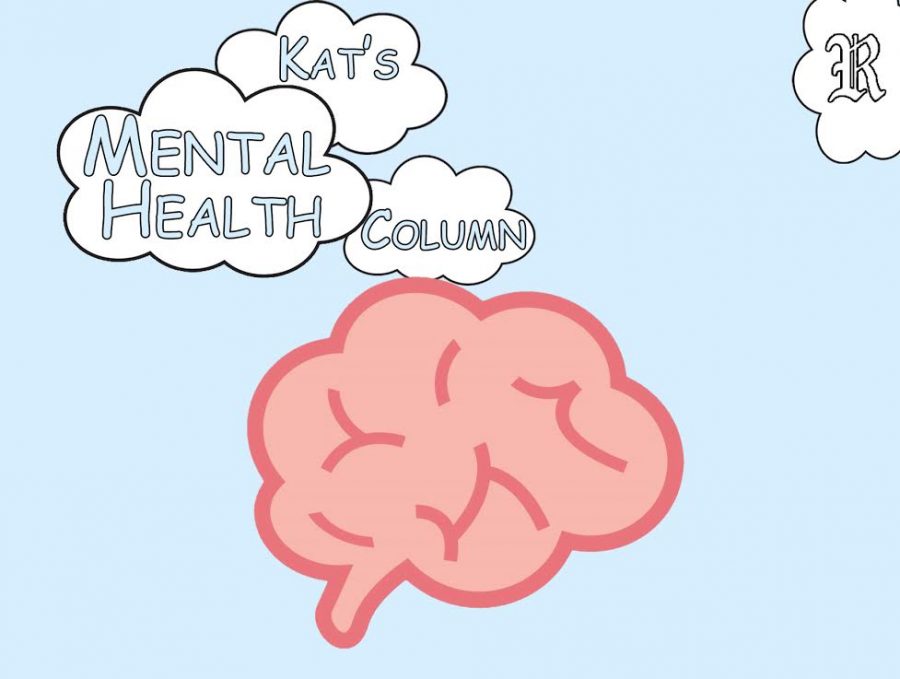Britney Spears’ Mental Health Challenges Exasperated by the Media and Online Theories
The New York Times’s documentary short “Framing Britney Spears,” released earlier this month, has reignited a spark in the #FreeBritney movement. However, director Samantha Stark gives viewers far more than a summary of the stellar career many of us have likely followed since childhood. Instead, Stark attempts to provide better insight into the context behind the rollercoaster of Spears’ life. He includes interviews from those close to Spears and focusing on the misogynistic, scandal-hungry media that lurked around corners waiting for her to break.
Sadly, in 2007 Spears had a severe and public breakdown. We all remember it, though we were just children at the time. It’s likely many of us asked our parents what happened to the cool girl who sang our favorite songs. How many of us got an answer of “she’s gone crazy,” or something along those lines? They were just regurgitating what they saw on the news, as reports about Spears’ condition flooded media outlets. In truth, most of the details about what Spears was going through were kept private. These reports were filled with nothing more than unqualified speculation.
The documentary highlights the central effect that the media likely had on Spears’ mental health. There have been countless stories of the media being intrusive and even abusive of celebrities. In Spears’ case, the neverending news cycle likely pushed her further into a spiral, and their obsessive coverage of it most certainly did not help her situation.
Spear’s publicized breakdown is a reflection of the mental health stigma that we’re actively fighting against, and while still not perfect, was undoubtedly far more volatile in 2007. A breakdown is a delicate and sensitive subject, and the last thing someone wants is a bunch of cameras attempting to uncover their most vulnerable moments. Spears faced endless harassment and mockery about her mental health. It was not until over a decade later that Spears shared any details about her struggle, opening up about her extreme anxiety. In 2019, she announced that she would be taking another break to focus on her mental health, particularly to help her cope with her father’s illness.
However, online trolls were quick to speculate. Rumors about Spears’ mental state resurged. Although many meant well with the #FreeBritney movement, others only added to the stress Spears was already facing. Ultimately, she shared a video attempting to reassure her fans that everything was okay. She was taking steps to protect her mental health, but this only sparked rumors surrounding censorship.
These rumors do not come entirely from thin air. The documentary’s key focus is a court-approved conservatorship that prevents Spears from making any major decisions without approval from her father, Jamie Spears. In the past year, multiple attempts have been made to alter the order, such as allowing Spears’ mother to share the rights or transferring permissions to a trustee.
Many fans are benevolently trying to uncover the truth about Spears’ state, not realizing they may actually be contributing to her stress. It’s important for fans to recognize that allowing #FreeBritney movement to delve into far-fetched conspiracy theories regarding Spears’ well-being could do more harm than good. Just like in 2007, baseless speculations can perpetuate the same cycle of disbelief and take away Britney’s ability to speak for herself. Allowing the movement to become another short-lived, attention-grabbing media ploy would be nothing more than another instance of abuse and scrutiny instead of a genuine attempt to show compassion in a time of need.
This, of course, ties right back to the issues surrounding conservatism, but the problems go beyond the specifics of who gets to decide what. Being a conservatee also impacts Spears’ mental health, as not being allowed to make personal decisions compromises her autonomy. Giving her back this power would be a monumental step in redeveloping her sense of control over her own life. Many studies have highlighted how vital it is to allow individuals to have as much say in their own care as possible. In fighting against the actions of Spears’ father that potentially go against her wishes, well-meaning fans might actually be overstepping and thus suppressing Spears’ voice themselves.
We don’t know exactly what’s going on with Britney Spears, nor do we know the details of what she is struggling with. Just as the documentary shows, there is more going on behind the scenes than the public knows. Let’s not make the same grave mistake we made in 2007 and hurt Spears even more. If the last decade has taught us anything, it is that we need to be kind to one another and make sure any attempts to do so don’t get sidetracked by someone seeking their 15 minutes of fame through a viral theory.








































































































































































































